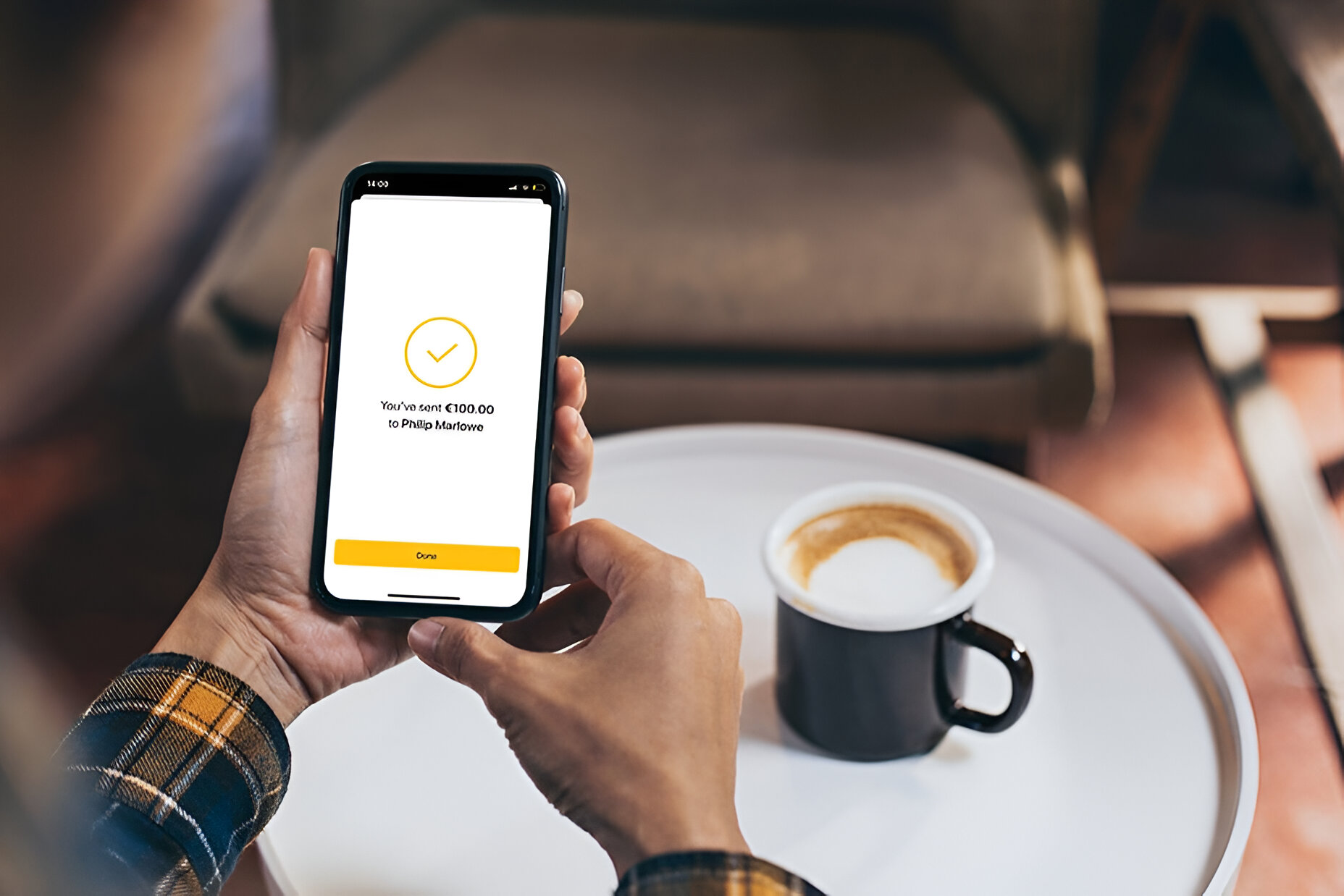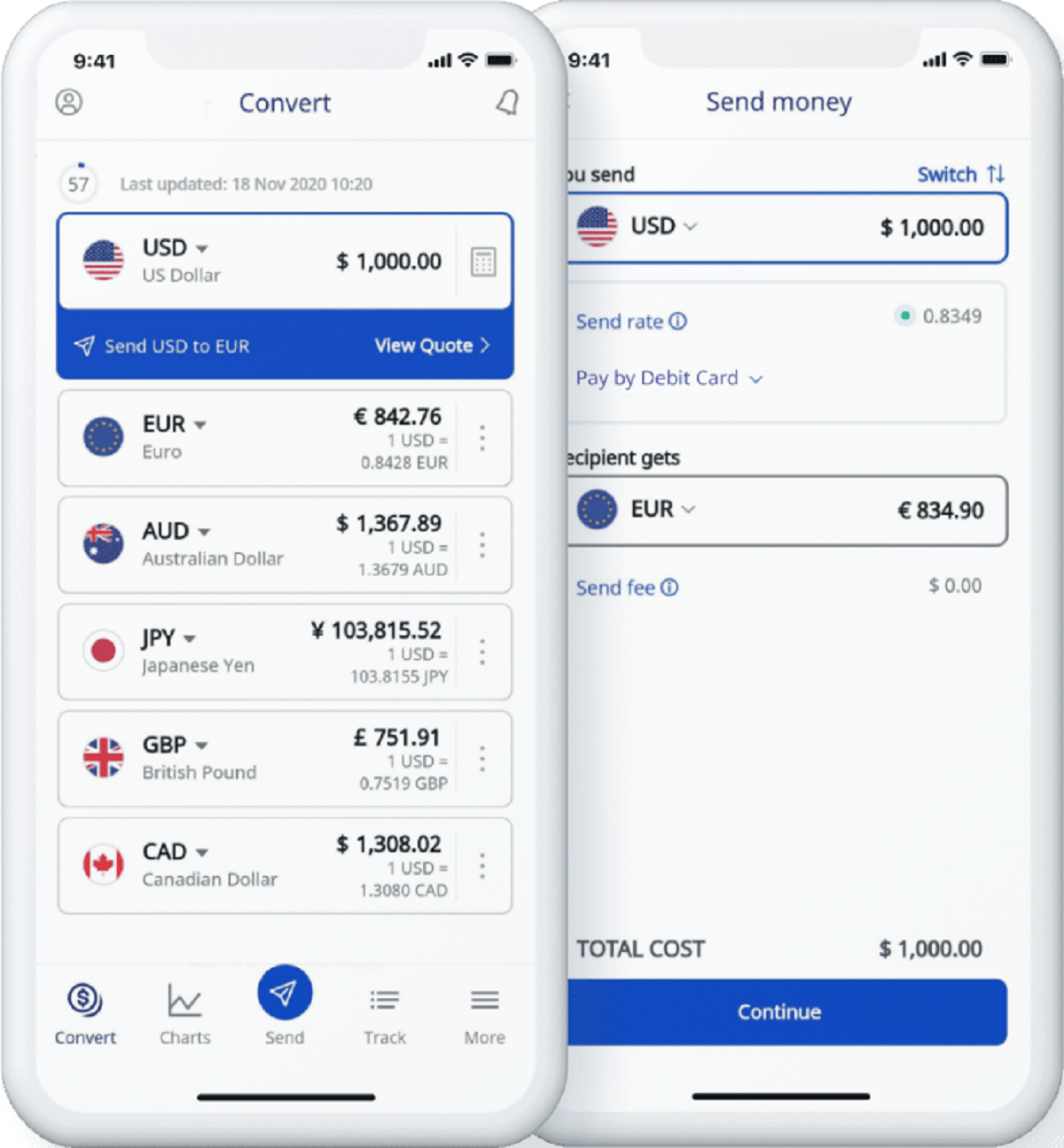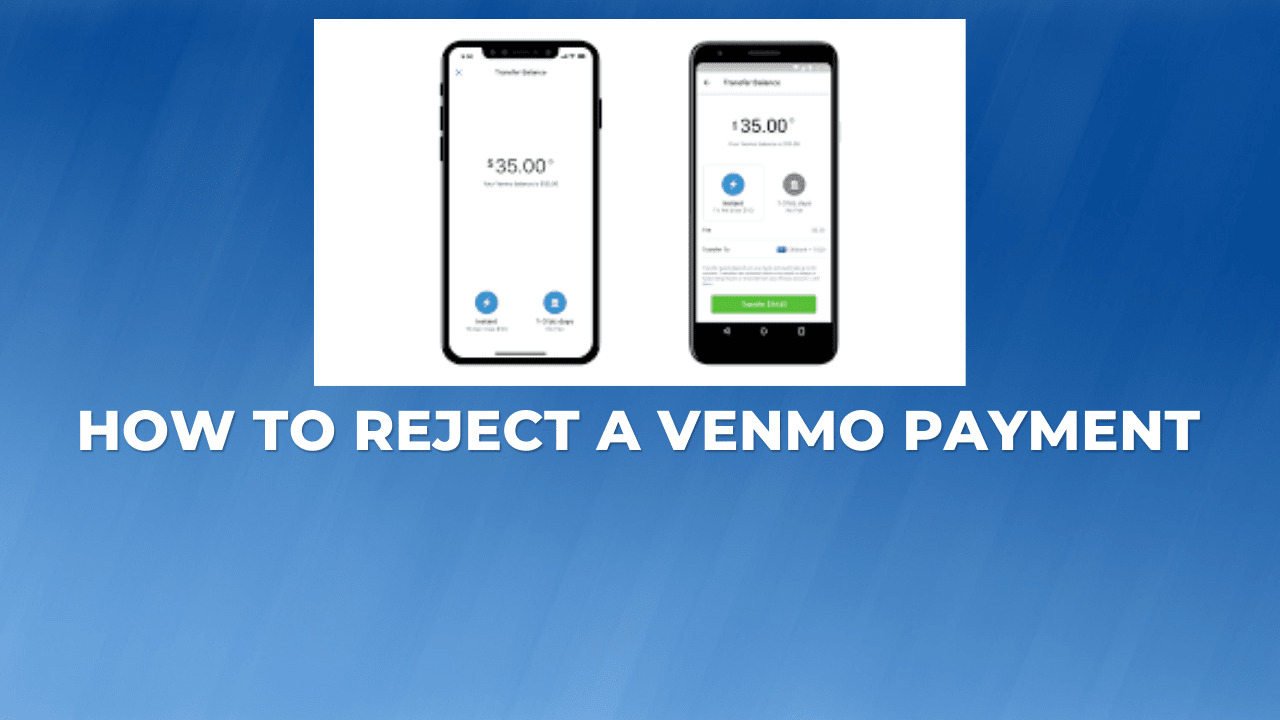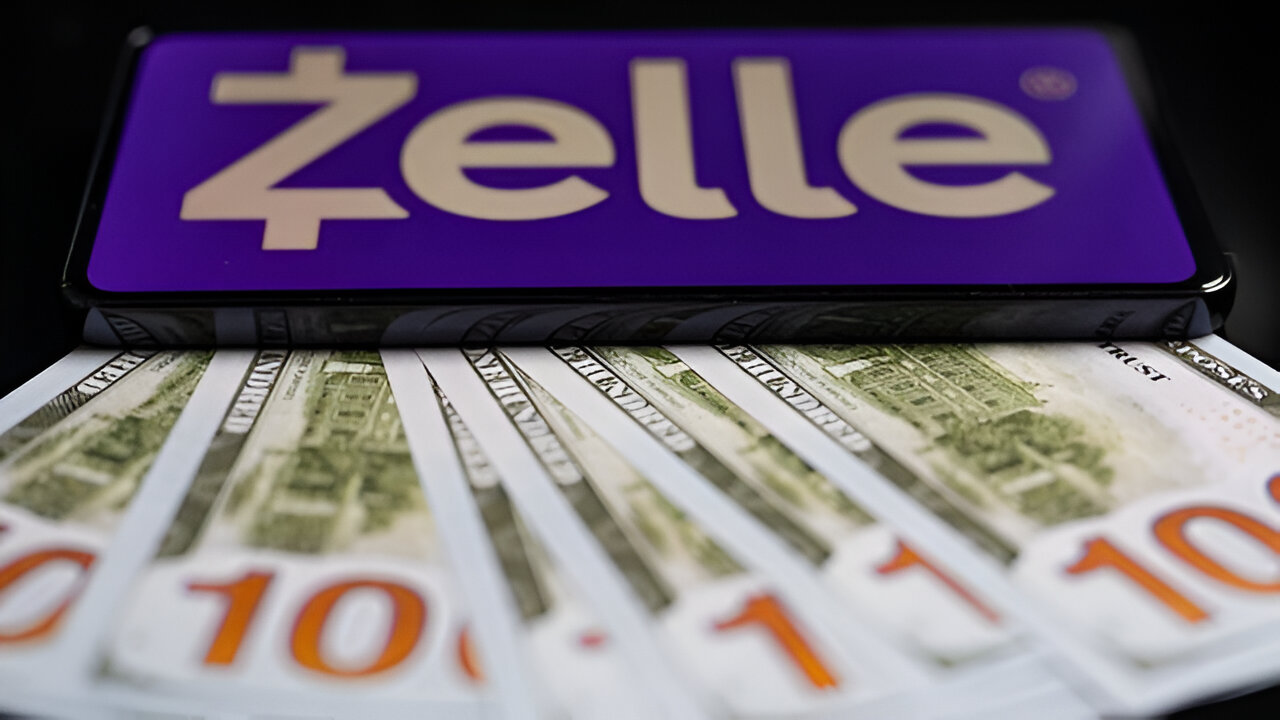Introduction
Phone banking has become an integral part of political campaigns in recent years. With the rapid advancement of technology and the increasing reliance on mobile devices, political parties and candidates are harnessing the power of phone banking to connect with voters on a more personal level.
Phone banking, also known as voter outreach or phone canvassing, is a tactic used by political campaigns to engage with potential voters via telephone calls. It involves a team of dedicated volunteers or campaign staff making calls to individuals to discuss the candidate’s platform, answer questions, and encourage voter turnout.
The main objective of phone banking in politics is to establish a direct line of communication between the campaign and voters. By initiating conversations over the phone, political candidates can not only relay their message but also provide a personalized touch that can be lacking in other forms of communication, such as mass mailings or television ads.
Phone banking has gained popularity due to its cost-effectiveness and efficiency. In comparison to other campaign strategies such as door-to-door canvassing or advertising, phone banking allows campaigns to reach a larger number of people in a shorter amount of time. It streamlines the process of voter outreach and enables campaigns to target specific demographics or regions.
Moreover, phone banking provides an opportunity for campaigns to gather valuable data and feedback. Through conversations with voters, campaign volunteers can identify key issues and concerns, enabling candidates to refine their messaging and address those concerns directly. This direct feedback loop is invaluable in shaping campaign strategies and resonating with the electorate.
Phone banking also serves as a crucial tool for voter mobilization. By making targeted calls to remind individuals about upcoming elections, polling locations, and deadlines for voter registration, campaigns significantly contribute to increasing voter turnout. Research has shown that personalized voter outreach through phone banking can have a positive impact on voter engagement and participation.
However, phone banking is not without its challenges. Volunteer recruitment, training, and coordination can be demanding tasks for campaigns. Ensuring a consistent and unified message across all calls can also be a daunting prospect. Additionally, there may be some individuals who are wary of phone calls from political campaigns and may not be receptive to engaging in a conversation.
Despite these challenges, phone banking remains an influential tool in modern political campaigns. It has been successfully employed by numerous candidates and political parties, resulting in increased voter engagement, heightened public awareness, and ultimately, electoral success.
Definition of Phone Banking
Phone banking, also known as voter outreach or phone canvassing, refers to the practice of political campaigns making outgoing phone calls to engage with potential voters. It involves a team of dedicated volunteers or campaign staff contacting individuals to discuss the candidate’s platform, answer questions, and encourage voter turnout.
The goal of phone banking is to establish direct communication between the campaign and voters. It allows campaigns to convey their message, address concerns, and gather valuable feedback from voters. By engaging in personalized conversations over the phone, political candidates can form a more intimate connection with potential supporters and enhance their chances of earning their vote.
Phone banking is often conducted using pre-established scripts that provide campaign volunteers or staff with talking points and relevant information. These scripts ensure a consistent message is being delivered across all phone calls and help volunteers answer frequently asked questions. However, phone bankers are also encouraged to be adaptable and engage in organic conversations, allowing for a more personalized and genuine outreach experience.
Technology plays a significant role in facilitating phone banking efforts. Campaigns typically utilize call management systems or specialized phone banking software that helps streamline the process of making calls, tracks the number of calls made, and records important voter information. These systems can also help target specific demographics or regions, ensuring that calls are being made to individuals who are likely to be receptive to the campaign’s message.
Phone banking can take different forms based on the objectives of the campaign. Some campaigns focus on identification, where volunteers call voters to gather data on their political preferences to help tailor future campaign efforts. Other campaigns prioritize persuasion, seeking to convince undecided voters or supporters of competing candidates to vote in favor of their candidate. Additionally, voter mobilization is a crucial component of phone banking, with campaigns contacting individuals to remind them of upcoming elections, encourage voter registration, and provide information on polling locations.
It is important to note that phone banking differs from automated campaign calls, commonly referred to as robocalls. While robocalls are often impersonal and deliver pre-recorded messages to a large number of recipients, phone banking strives to establish authentic connections through live conversations with individual voters.
In summary, phone banking is a fundamental strategy used in political campaigns to engage with voters through personalized outreach efforts. It relies on volunteers or campaign staff making outgoing phone calls to share the candidate’s vision, answer questions, gather data, and encourage voter participation. By leveraging technology and cultivating meaningful conversations, phone banking has the potential to significantly impact political campaigns and play a crucial role in electoral success.
Importance of Phone Banking in Politics
Phone banking plays a crucial role in modern politics as it offers several key advantages for political campaigns. Here are some reasons why phone banking is important:
- Direct Voter Connection: Phone banking provides a direct line of communication between campaigns and voters. By engaging in conversations over the phone, candidates can establish personal connections, address concerns, and listen to the needs of potential supporters. This direct voter connection helps build trust and loyalty towards the candidate.
- Cost-Effective Outreach: Compared to traditional campaign methods like door-to-door canvassing or mass mailings, phone banking is a cost-effective way to reach a large number of voters. Campaigns can utilize resources efficiently by targeting specific demographics or regions and having volunteers make calls from a centralized location.
- Efficiency and Scalability: Phone banking allows campaigns to efficiently allocate their time and resources. With the help of call management systems and specialized software, campaigns can streamline the process of making calls, track progress, and gather data. Phone banking can be easily scaled up or down based on campaign needs and the availability of volunteers.
- Personalized Outreach: Phone banking enables personalized interactions with potential voters. Volunteers or campaign staff can address specific concerns, educate individuals on the candidate’s policies, and answer questions in real-time. This personalized approach helps voters feel valued and increases the chances of positive engagement with the campaign.
- Data Collection and Feedback: During phone banking, campaigns have the opportunity to gather valuable data and feedback from voters. By asking questions and recording responses, campaigns can better understand voter preferences, identify key issues, and adjust their strategies accordingly. This data-driven approach allows campaigns to refine their messaging and outreach efforts for a more targeted and effective approach.
- Voter Mobilization: Phone banking is a powerful tool for voter mobilization. Campaigns can proactively remind individuals about important election dates, encourage voter registration, and provide information on polling locations. These personalized reminders can significantly increase voter turnout and ensure that supporters are actively engaged in the democratic process.
Overall, phone banking is important in politics due to its ability to establish meaningful connections with voters, its cost-effectiveness, efficiency, scalability, and its potential to gather data and drive voter mobilization. By leveraging technology and human connections, phone banking offers campaigns a valuable tool to engage with voters, shape public opinion, and ultimately secure electoral success.
How Does Phone Banking Work?
Phone banking involves a structured process that requires planning, coordination, and dedicated volunteers or campaign staff. Here is an overview of how phone banking works:
- Preparation: Before initiating a phone banking campaign, the campaign team prepares a list of phone numbers of potential voters. These lists can be obtained from voter registration databases, purchased from data providers, or generated through previous campaign activities. The lists are then organized based on specific demographics or target regions, ensuring that calls are made to the most relevant audience.
- Script Development: A key component of phone banking is the development of scripts. Campaign teams create scripts that provide volunteers or staff with talking points, key messages, and answers to frequently asked questions. These scripts help ensure a consistent and cohesive message is delivered during phone calls. However, volunteers are encouraged to personalize conversations and engage in genuine interactions with voters.
- Training and Volunteer Recruitment: Campaigns recruit and train volunteers or campaign staff to conduct phone banking calls. Volunteers undergo training sessions where they are familiarized with the script, provided with guidance on best practices for engaging with voters, and given tools to handle different scenarios. Training helps volunteers feel confident in their role and ensures that they are equipped to effectively communicate the candidate’s message.
- Call Management Systems: To streamline the process, campaigns often use call management systems or specialized phone banking software. These systems provide volunteers with a list of phone numbers to call, record and track call outcomes, and capture important voter information. Call management systems can also help volunteers schedule call-backs, make notes of voter responses, and track overall campaign progress.
- Outgoing Phone Calls: Once the preparation, script development, training, and technology setup are complete, volunteers or campaign staff begin making outgoing phone calls to potential voters. They introduce themselves, state their affiliation with the campaign, and engage in conversations with the individuals they reach. The objective is to convey the candidate’s vision, answer questions, address concerns, and gather valuable data.
- Data Collection: During phone calls, volunteers or staff collect important data from voters, such as their political preferences, specific issues that concern them, or their likelihood to vote. This data is captured in real-time using the call management system or software and is later analyzed by the campaign team. The data collected helps the campaign understand voter sentiments, refine their messaging, and develop targeted strategies for engaging with different voter segments.
- Follow-up and Voter Mobilization: Phone banking campaigns often include a follow-up component. Volunteers can schedule call-backs to remind individuals about key election dates, encourage voter registration, and provide information on polling locations. This follow-up process aims to increase voter engagement and mobilize supporters to actively participate in the democratic process.
Phone banking relies on the dedication and effort of volunteers or campaign staff to effectively communicate the candidate’s message, gather data, and mobilize voters. With the help of technology and a well-coordinated strategy, phone banking serves as a powerful tool for engaging with voters, shaping public opinion, and driving electoral success.
Benefits of Phone Banking
Phone banking offers numerous benefits for political campaigns, candidates, and voters alike. Here are some key advantages of incorporating phone banking into a campaign strategy:
- Personalized Voter Outreach: Phone banking enables personalized interactions with voters. By engaging in conversations over the phone, campaign volunteers can establish a more intimate connection, address specific concerns, and provide tailored information. This personalized approach helps voters feel heard, valued, and more likely to develop a positive perception of the candidate.
- Direct Communication: Phone banking facilitates direct communication between the campaign and voters. Unlike other forms of communication, such as mailings or advertisements, phone calls allow for immediate feedback and clarification. This real-time interaction builds trust, encourages dialogue, and fosters a greater sense of engagement between the campaign and potential supporters.
- Cost-Effective and Efficient: Phone banking is a cost-effective strategy for reaching a large number of voters. It eliminates the need for printing and mailing physical materials, making it more economical than traditional campaign methods. Moreover, campaigns can target specific demographics or regions, directing their resources where they are most likely to have an impact, resulting in a more efficient use of time and manpower.
- Data Collection and Analysis: Phone banking enables campaigns to gather valuable data in real-time. Through conversations with voters, campaign volunteers can gather information on voter preferences, key issues, and concerns. This data provides insights into the electorate, allowing campaigns to refine their messaging, adjust strategies, and ensure their appeals are tailored to the needs and interests of potential supporters.
- Voter Mobilization: Phone banking plays a crucial role in voter mobilization efforts. By making targeted calls to remind individuals about upcoming elections, encourage voter registration, and provide information on polling locations, campaigns significantly contribute to increasing voter turnout. Personalized reminders and assistance can help overcome logistical barriers and ensure that supporters are motivated and well-informed about the voting process.
- Public Awareness: Phone banking contributes to increased public awareness of a candidate or campaign. By initiating conversations with potential voters, campaigns can provide information, discuss policy positions, and answer questions. These interactions help raise awareness of the candidate’s platform, foster meaningful engagement, and encourage individuals to be more informed and active participants in the political process.
- Greater Outreach: Phone banking allows campaigns to reach a larger audience efficiently. Volunteers can make numerous calls in a short amount of time, expanding the campaign’s reach beyond traditional canvassing efforts. This broader outreach increases the visibility of the campaign, helps build name recognition, and ensures that more individuals have the opportunity to learn about the candidate and their priorities.
In summary, phone banking offers a range of benefits for political campaigns. It provides a personalized and direct way to connect with voters, gather valuable data, enhance voter mobilization efforts, and raise public awareness of the candidate. By harnessing the power of phone banking, campaigns can establish a deeper connection with potential supporters, adapt their strategies in real-time, and increase their chances of electoral success.
Challenges of Phone Banking
While phone banking offers significant benefits, it also presents various challenges that political campaigns need to address. Here are some of the key challenges associated with phone banking:
- Volunteer Recruitment and Training: One of the primary challenges of phone banking is recruiting and training dedicated volunteers. It can be a continuous effort to find individuals who are willing to commit their time and energy to making phone calls on behalf of the campaign. Training volunteers to effectively convey the campaign’s message, handle various scenarios, and comply with legal and ethical guidelines can also be a demanding task.
- Consistent Messaging: Ensuring a consistent campaign message across all phone calls can be challenging, especially when multiple volunteers are making calls. Campaigns need to develop comprehensive scripts and provide ongoing guidance to volunteers to ensure that the messaging aligns with campaign objectives and accurately represents the candidate’s platform.
- Call Volume and Efficiency: Managing a high volume of calls within limited time frames can be a logistical challenge. Campaigns need to have efficient systems in place to handle outgoing calls, manage call lists, track progress, and record important voter information. Ensuring that volunteers can make a meaningful number of calls without feeling overwhelmed or rushed is essential for maintaining the quality of conversations.
- Receptiveness of Voters: Some individuals may be wary of receiving phone calls from political campaigns or simply not receptive to engaging in conversations. Overcoming initial skepticism or resistance can be a challenge for phone bankers. It requires volunteers to be empathetic, persuasive, and respectful, emphasizing the importance of the election and addressing any concerns or misconceptions the voter may have.
- Compliance with Regulations: Phone banking campaigns must adhere to legal and ethical guidelines governing phone outreach, including following do-not-call lists, respecting privacy regulations, and maintaining accurate records. Campaigns need to ensure that their phone banking operations are compliant with relevant laws and regulations, avoiding any potential legal issues that may arise from improper practices.
- Technical Challenges: Dependence on technology introduces the risk of technical difficulties. Issues with the call management system, connectivity problems, or other technical glitches can disrupt the phone banking operation. Campaigns must have contingency plans in place to address technical challenges and minimize interruptions to the calling process.
- Time and Resource Management: Phone banking requires effective time and resource management. Campaigns must allocate sufficient time for volunteers to make calls, coordinate schedules, and ensure optimal use of available resources. Proper planning and organization are essential to maximize the impact of phone banking efforts.
Overcoming these challenges requires strategic planning, effective training, and continuous evaluation of phone banking operations. Campaigns that successfully navigate these challenges can fully leverage the potential of phone banking as a powerful tool for voter outreach, engagement, and mobilization.
Successful Examples of Phone Banking in Politics
Phone banking has proven to be an effective campaign strategy for numerous political candidates and parties around the world. Here are several successful examples of phone banking in politics:
- Barack Obama’s 2008 Presidential Campaign: Barack Obama’s presidential campaign in 2008 utilized a comprehensive phone banking strategy. Volunteers made millions of phone calls to potential voters, engaging in personalized conversations to mobilize support and encourage voter turnout. The campaign’s emphasis on grassroots organizing and using phone banking as a tool to build relationships with voters played a pivotal role in Obama’s historic election victory.
- Justin Trudeau and the Liberal Party of Canada: Phone banking played a significant role in Justin Trudeau’s successful campaign for Prime Minister of Canada in 2015. The Liberal Party of Canada used phone banking to connect with voters, share the party’s platform, and gather valuable data on voter preferences and concerns. The personalized approach of phone banking contributed to the party’s electoral success and solidified Trudeau’s position as the country’s leader.
- Scottish Independence Referendum, 2014: During the Scottish Independence Referendum in 2014, both the “Yes” and “No” campaigns extensively utilized phone banking to engage with voters. Volunteers reached out to individuals on both sides of the debate, engaging in conversations to address concerns and provide information. Phone banking played a crucial role in mobilizing support, shaping public opinion, and ultimately influencing the outcome of the referendum.
- Alexandria Ocasio-Cortez’s Congressional Campaign: Alexandria Ocasio-Cortez’s grassroots congressional campaign in 2018 employed a robust phone banking strategy. Volunteers made numerous calls to potential voters, helping to raise awareness of Ocasio-Cortez’s progressive platform and mobilize support. The campaign’s emphasis on direct voter outreach through phone banking contributed to Ocasio-Cortez’s surprising primary victory and subsequent election to Congress.
- Brexit Campaign, 2016: The campaign for the United Kingdom’s referendum on leaving the European Union, known as Brexit, utilized phone banking extensively. Volunteers made calls to both undecided and supportive voters, engaging in conversations to address concerns and emphasize the benefits of leaving or remaining in the EU. Phone banking played a crucial role in mobilizing voter support and influencing the outcome of the referendum.
These examples highlight how phone banking can be a powerful tool in political campaigns. By establishing direct connections with voters, addressing concerns, and mobilizing support, successful campaigns have utilized phone banking to engage with the electorate, shape public opinion, and secure electoral victories.
Tips for Effective Phone Banking
Phone banking can be highly effective in political campaigns when conducted strategically. Here are some key tips to ensure successful and impactful phone banking:
- Training and Scripting: Provide comprehensive training to volunteers or staff to ensure they are well-prepared for phone banking. Develop clear and concise scripts that convey the campaign’s message effectively, while still allowing for personalization and genuine engagement with voters.
- Active Listening: Encourage phone bankers to actively listen to the concerns and questions of the individuals they engage with. By practicing active listening, volunteers can demonstrate empathy, understand voter perspectives, and address concerns more effectively.
- Be Respectful and Professional: Emphasize the importance of maintaining professionalism and respect during phone banking calls. Volunteers should be courteous, avoid interrupting or arguing with voters, and represent the candidate and campaign in a positive light.
- Personalize Conversations: Encourage volunteers to make the conversations personal and relevant. By finding common ground, acknowledging voter concerns, and customizing messages to specific demographics or regions, volunteers can establish a stronger connection with potential supporters.
- Practice Confidence and Empathy: Phone bankers should convey confidence in their message, be knowledgeable about the candidate’s policies, and express empathy towards the issues raised by voters. Confidence and empathy help build trust and increase the likelihood of positive engagement.
- Follow Compliance Guidelines: Ensure that all phone banking activities comply with legal and ethical guidelines. Familiarize volunteers with regulations on privacy, do-not-call lists, and data collection, and emphasize the importance of adhering to these guidelines throughout the phone banking process.
- Track Data and Follow-up: Establish a system to track and record data from phone banking conversations. This data can include voter preferences, concerns, and commitments to vote. Follow up with additional information, reminders, or support for voters to further strengthen engagement and increase their likelihood of turning out on election day.
- Continuous Improvement: Regularly evaluate the effectiveness of phone banking efforts and make necessary adjustments. Solicit feedback from volunteers, monitor results, and refine scripts and strategies based on the feedback received. Continuous improvement ensures that the phone banking campaign remains relevant and impactful.
- Appreciate and Recognize Volunteers: Acknowledge the efforts of phone bankers and express gratitude for their commitment. Recognize their achievements, provide ongoing support and motivation, and create a positive and inclusive environment within the phone banking team to foster enthusiasm and engagement.
By following these tips, campaigns can enhance the effectiveness of their phone banking efforts, engage voters more successfully, and increase the overall impact of their campaigns.
Conclusion
Phone banking has emerged as a vital strategy in political campaigns, allowing candidates and parties to connect with voters on a personal level. The direct communication and personalized outreach enabled by phone banking play a crucial role in building trust, mobilizing support, and shaping public opinion. Moreover, it offers cost-effective and efficient voter outreach, allowing campaigns to reach a larger audience in a shorter amount of time.
While phone banking presents its fair share of challenges, such as volunteer recruitment, maintaining consistent messaging, and addressing technical issues, successful campaigns have demonstrated its effectiveness in various contexts. Examples like Barack Obama’s presidential campaign, Justin Trudeau’s campaign in Canada, and grassroots efforts of Alexandria Ocasio-Cortez have showcased the power of phone banking in engaging with voters, mobilizing support, and achieving electoral success.
To ensure effective phone banking, campaigns should prioritize comprehensive volunteer training, create personalized scripts, actively listen to voter concerns, and maintain professionalism and respect throughout the conversations. Adhering to compliance guidelines, tracking data, and continuously improving the phone banking process are also crucial for campaign success.
In conclusion, phone banking has proven to be an essential tool in modern political campaigns. Through direct voter connection, cost-effective outreach, data collection, and mobilization efforts, phone banking enables campaigns to establish meaningful relationships with voters and drive electoral success. By embracing the opportunities phone banking provides and addressing its challenges, political campaigns can engage with the electorate in a personal and impactful way, ultimately shaping the future of democratic societies.

























